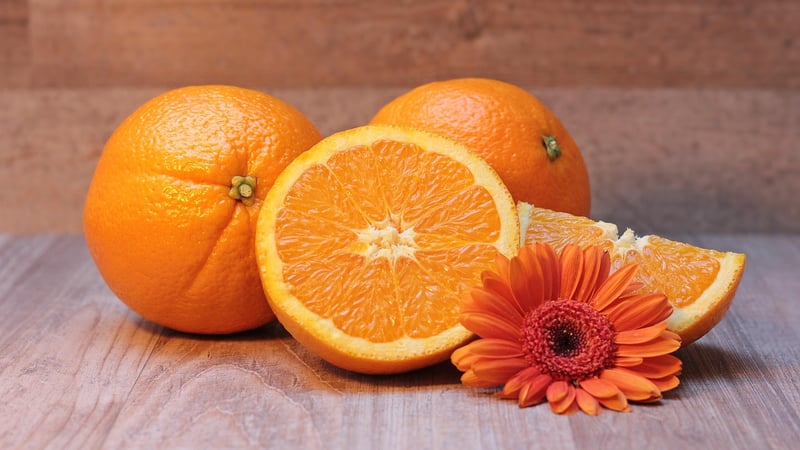Nutrient Deficiency
Identifying and Addressing Nutrient Deficiency in Plants
Plants, like any living organism, require a balanced diet to thrive. Just like humans, they can suffer from nutrient deficiencies which can adversely impact their growth and overall health. Identifying and addressing nutrient deficiencies in plants is crucial for successful gardening and plant care. Here are some common signs of nutrient deficiency in plants and how you can rectify them:
Signs of Nutrient Deficiency
1. Yellowing Leaves: Yellowing (chlorosis) of leaves, especially in between the veins, can indicate a lack of essential nutrients like nitrogen, iron, or magnesium.
2. Stunted Growth: If your plants are not growing as expected or are smaller than usual, it could be a sign of inadequate nutrients such as phosphorus or potassium.
3. Leaf Discoloration: Unusual leaf colors like purple or red can be a sign of phosphorus deficiency in plants.
4. Leaf Curling: Curling or distorted leaves may indicate a deficiency in calcium, magnesium, or boron.
Common Nutrient Deficiencies and Solutions
Nitrogen Deficiency
A common issue leading to yellowing leaves. Add nitrogen-rich fertilizers like compost or manure to replenish the soil's nitrogen levels.
Iron Deficiency
Yellowing between leaf veins. Treat with iron chelate foliar spray to correct the deficiency.
Phosphorus Deficiency
Stunted growth and purplish leaves. Apply phosphorus-rich fertilizers such as bone meal to boost plant growth.
Potassium Deficiency
Weak stems and yellowing leaf edges. Use potassium sulfate or potassium-rich fertilizers to address the deficiency.
Prevention and Maintenance
Regularly test your soil to check for nutrient levels and pH balance. Ensure a well-balanced fertilizer routine and consider using organic matter to improve soil health in the long run.
By being vigilant about the signs of nutrient deficiency in plants and taking proactive measures to address them, you can ensure your plants grow healthy and vibrant, enhancing the beauty of your garden or indoor space.

For more information on plant care and gardening tips, check out Royal Horticultural Society.
